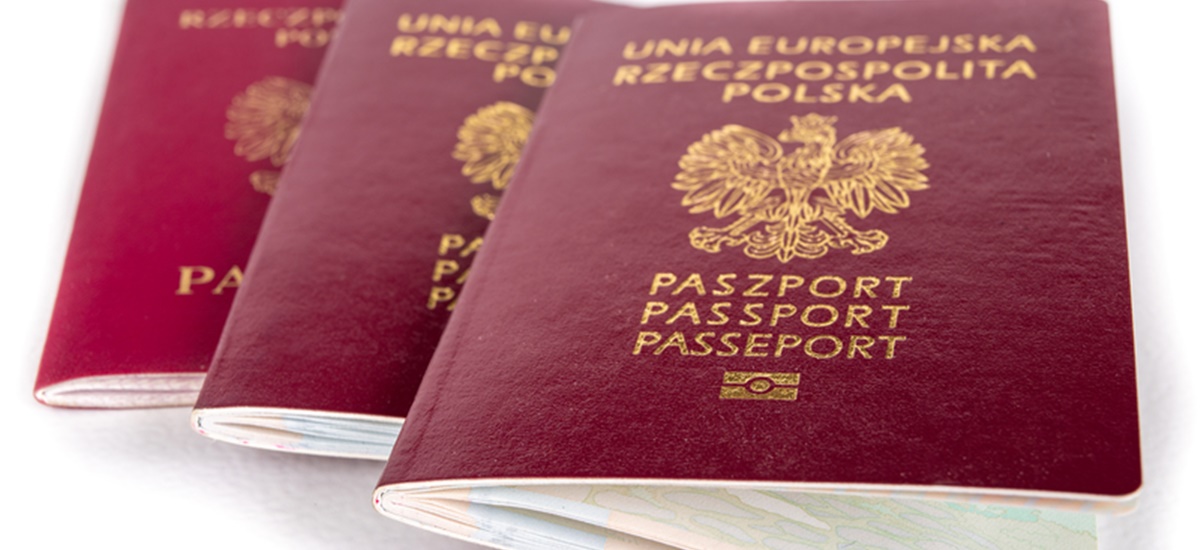Obtaining Polish citizenship is undoubtedly the dream of many people who have Polish roots. Indeed, thanks to the right to citizenship by descent, it is possible to regain Polish citizenship, especially if your ancestors were Polish.
Therefore, below we will discuss what citizenship by descent is, who can apply for it and what steps need to be taken to start the application process. For even more information on the Polish passport and how to obtain one, visit https://fivetoeurope.com/, where there are many valuable tips and advice.
What is citizenship by descent?
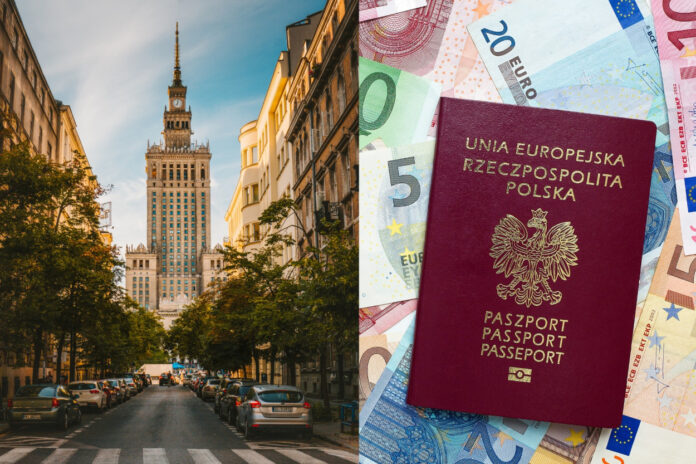
Citizenship by descent is a way of obtaining citizenship that is based on the inheritance of citizenship from ancestors. In Poland, this right is regulated by the Act on Polish Citizenship of 2 April 2009.
According to this act, Polish citizenship is acquired by birth if one of the parents is a Polish citizen. Additionally, it is possible for persons whose ancestors were Polish citizens to acquire citizenship, even if the applicants themselves never held Polish citizenship or lived in Poland.
History of Polish citizenship
Polish citizenship, like citizenship of other countries, has its roots in history and legislation. In the 20th century, Poland went through numerous political and border changes that affected the status of its citizens. Many people who left Poland before, during or after World War II may have lost their citizenship or become citizens of other countries. Nevertheless, their descendants may have the right to regain Polish citizenship.
Who can apply for Polish citizenship by descent?
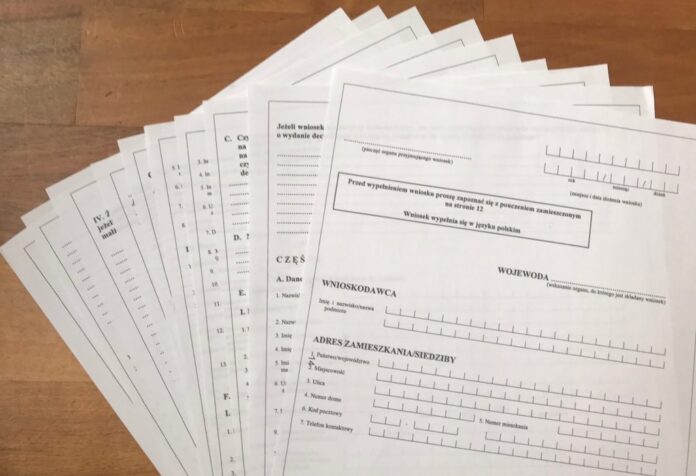
To apply for Polish citizenship by descent, certain criteria must be met. First of all, you must document that your ancestors were Polish citizens. This means that you must have evidence that one or both of your parents, grandparents or great-grandparents were Polish citizens. Documents such as birth, marriage and death certificates, passports, identity cards or other official documents can serve as evidence.
Loss and regaining of citizenship
It is worth noting that not everyone who had Polish ancestry automatically retained Polish citizenship. In some cases, emigration to other countries may have resulted in the loss of Polish citizenship. However, Polish law allows citizenship to be regained even if ancestors officially renounce Polish citizenship or lost it for other reasons.
The ancestry verification process can be time-consuming and require many documents. Applicants must be prepared to have to prove their ancestry on the basis of various documents, which may come from different countries and historical periods. It is advisable to consult an immigration lawyer who can help you gather and submit the relevant documents.
Conditions to be met to apply for a Polish passport?
A foreigner may apply for Polish citizenship if he or she meets at least one of the following conditions:
Condition 1
– Has been continuously residing in Poland for at least 3 years on the basis of a permanent residence permit, a residence permit for a long-term EU resident or the right of permanent residence.
– Has a stable and regular source of income in Poland.
– Has the right to occupy a dwelling.
Condition 2
– Has been continuously and legally residing in Poland for at least 2 years on the basis of a permanent residence permit, a residence permit for a long-term EU resident or the right of permanent residence.
– Has been married for at least 3 years to a Polish citizen or is a stateless person.
Condition 3
– For at least 2 years has continuously and legally resided in Poland on the basis of a permanent residence permit obtained as a refugee.
Condition 4
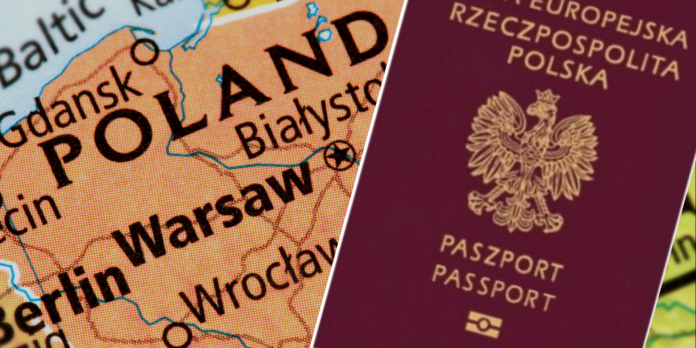
– He/she is less than 18 years old.
– Legally resides in Poland on the basis of a permanent residence permit, a residence permit for a long-term EU resident or the right of permanent residence.
– One parent has Polish citizenship and the other parent has agreed to recognise the child as a Polish citizen.
Condition 5
– He/she is under 18 years of age.
– Legally resides in Poland on the basis of a permanent residence permit, a residence permit for a long-term EU resident or the right of permanent residence.
– At least one parent’s Polish citizenship has been restored and the other parent, if not a Polish citizen, has agreed to recognise the child as a Polish citizen.
Condition 6
– Has continuously and legally resided in Poland for at least 10 years.
– Has a permanent residence permit, a residence permit for a long-term EU resident or the right of permanent residence.
– Has a stable and regular source of income and the right to occupy a dwelling.
Condition 7
– Has continuously and legally resided in Poland for at least 1 year.
– Has a permanent residence permit obtained in connection with Polish ancestry or the Card of the Pole.
Please note that in order to be recognised as a Polish citizen, it is necessary to know Polish language at B1 level and to obtain official confirmation of this knowledge. In addition, a voivode may refuse to recognise you as a Polish citizen if this would pose a threat to the defence or security of the state, the protection of public safety and order.
What are the basic benefits of Polish citizenship?
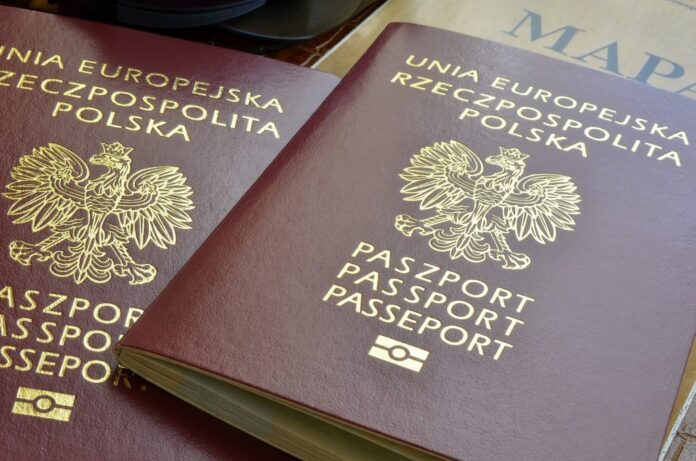
Having Polish citizenship confers many rights, such as the right to move and settle freely within the European Union. As a Polish citizen, you also have the right to participate in elections and referendums, as well as to benefit from health care and the education system on the same basis as other Polish citizens.
Polish citizenship also opens the door to many economic and social privileges. You can legally work in Poland and other EU countries without having to apply for a work permit. Additionally, you can benefit from various social programmes, educational scholarships and other forms of support offered by the Polish government.
Finally, having Polish citizenship offers numerous opportunities to become more closely connected to the culture and heritage of your ancestors. Poland is a country with a rich history and culture, and being a Polish citizen allows you to participate more fully in the cultural and social life of the country. You can also develop closer ties with your family and community in Poland.
How do you begin the process of applying for citizenship?
The first step in the process of applying for Polish citizenship is to collect the necessary documents. You will need to document your Polish ancestry with official documents such as birth, marriage and death certificates, passports, identity cards and others. It is also a good idea to gather all available information about your family history in Poland.
The next step is to fill in an application for citizenship. The application form can be found on the websites of Polish consular offices or directly at offices in Poland. The application should be carefully filled out and contain all the required information and attachments.
Once you have collected all the documents and completed the application, you should submit it to the relevant office. Depending on your place of residence, this may be the Polish consulate or the relevant office in Poland. The application may also be submitted by an attorney. It is also worth remembering to pay any required administrative fees related to the application process.
Waiting time and decision
The application process can take anywhere from a few months to several years, depending on the complexity of the case and the administrative burden on the authorities. Applicants should be patient and regularly monitor the status of their application. Once your application has been granted, you will receive a document confirming the acquisition of Polish citizenship.

